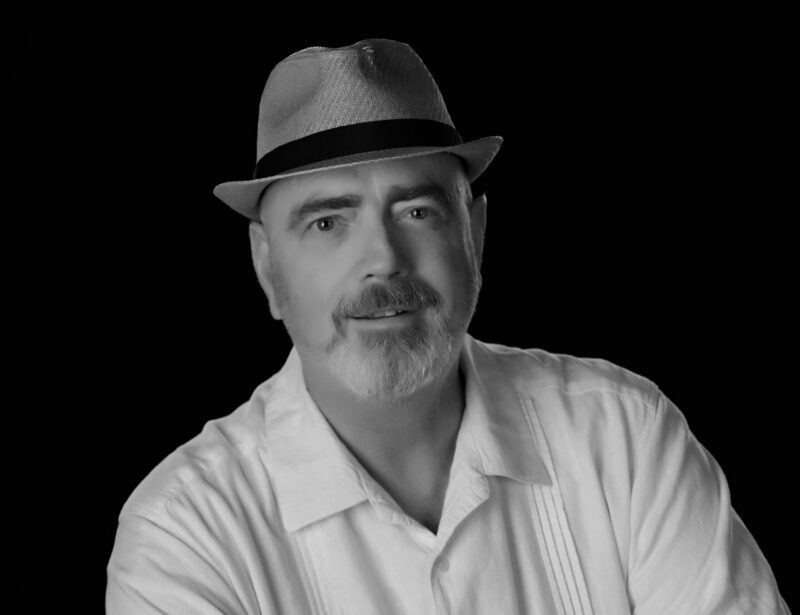Confession; Forgiveness; Cleansing; Holy Living (Repeat)
“If we confess our sins, He is faithful and just to forgive us our sins and to cleanse us from all unrighteousness.” (I John 1:9 NKJV)
This is one of the most oft-quoted and relied-upon verses in Evangelical circles, as it states in a nutshell the message of the gospel of Jesus Christ. It is a promise and assurance we can rely on, and stands on its own, even when cited out of context. That being said, let’s look at the surrounding verses for further clarity.
“If we say that we have no sin, we deceive ourselves, and the truth is not in us. If we confess our sins, He is faithful and just to forgive us our sins and to cleanse us from all unrighteousness. If we say that we have not sinned, we make Him a liar, and His word is not in us.
“My little children, these things I write to you, so that you may not sin. And if anyone sins, we have an Advocate with the Father, Jesus Christ the righteous. And He Himself is the propitiation for our sins, and not for ours only but also for the whole world.” (I John 1:8 – 2:2 NKJV)
This is one of the places in scripture where the chapter and verse divisions do us a bit of a disservice. A cursory check indicates that most versions of I John show the first few verses of chapter 2 begin a new paragraph but are part of the same topic begun at verse 5 of chapter 1. These divisions are not divinely ordained, but the literary context and theme seem to bind them together.
In chapter 1, verses 8 through 10, John reasons it is self-delusional to claim we are without sin (have never sinned), and would be at odds with what God Himself declares of us all (calling God a liar). In opening up the next chapter, John indicates the post-conversion goal is live without sin thereafter. As a realist, however, he delves into what happens when we sin after being redeemed. Though we may falter, we do not fall from grace thanks to the intervention of our Advocate with the Father, Jesus Christ Himself. He points to His own substitutionary sacrifice (propitiation) as payment for our sins.
Getting back to verse 9 of chapter 1, the context of the verse shows us that the process of making a confession of faith has four steps, two steps of which are ours to take, the other two in the hands of the Father. While the entire process is instantaneous, it is at the same time continual. Once we have taken that step of faith, walking in faith requires we avail ourselves of the same grace again and again (take as needed).
First, we must confess our sins, recognizing our failing, whether by commission, omission or human frailty, owning up to having fallen short of His righteous standard. Second, He forgives our sin; this is akin to pleading guilty and having the judge set aside the verdict, declaring you not guilty in spite of your confession. Third, He cleanses us, not just from one particular transgression but, “from all unrighteousness.” We are totally clean in His eyes! Fourth, we live in love as redeemed, not looking for ways to get close to the boundary of unrighteous behavior as possible, but seeking to live holy, righteous lives.
Despite the confidence this provides, it is not the end of the struggle. Peter warned, “. . . (B)eware lest you also fall from your own steadfastness, being led away with the error of the wicked; but grow in the grace and knowledge of our Lord and Savior Jesus Christ. . . .” (II Peter 3:17-18 NKJV). In order to live holy lives, Paul suggested, “See then that you walk circumspectly, not as fools but as wise, redeeming the time, because the days are evil.” (Ephesians 5:15-16 NKJV).
Those last two verses were the life-quote I selected my senior year of high school (back in the Dark Ages). Would that I could say I have always lived up to them. When I have not, I am reminded that the Father waits patiently for my return; confession, forgiveness and cleansing are mine for the asking. A holy life, marked by His love, can be mine.
Related Scriptures

